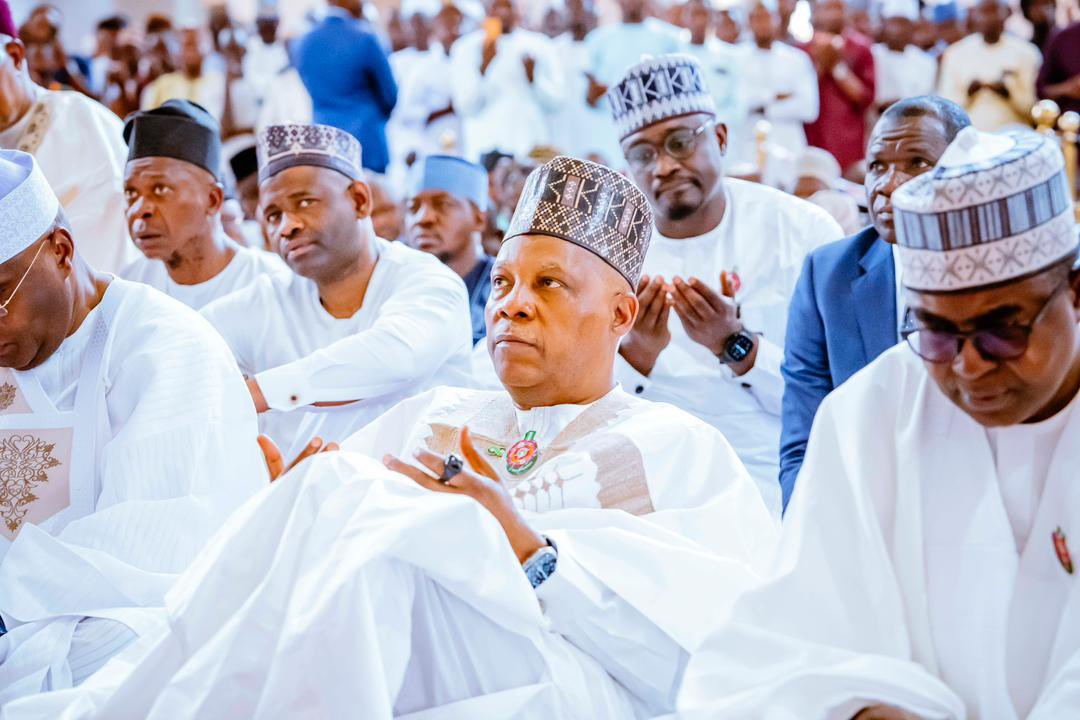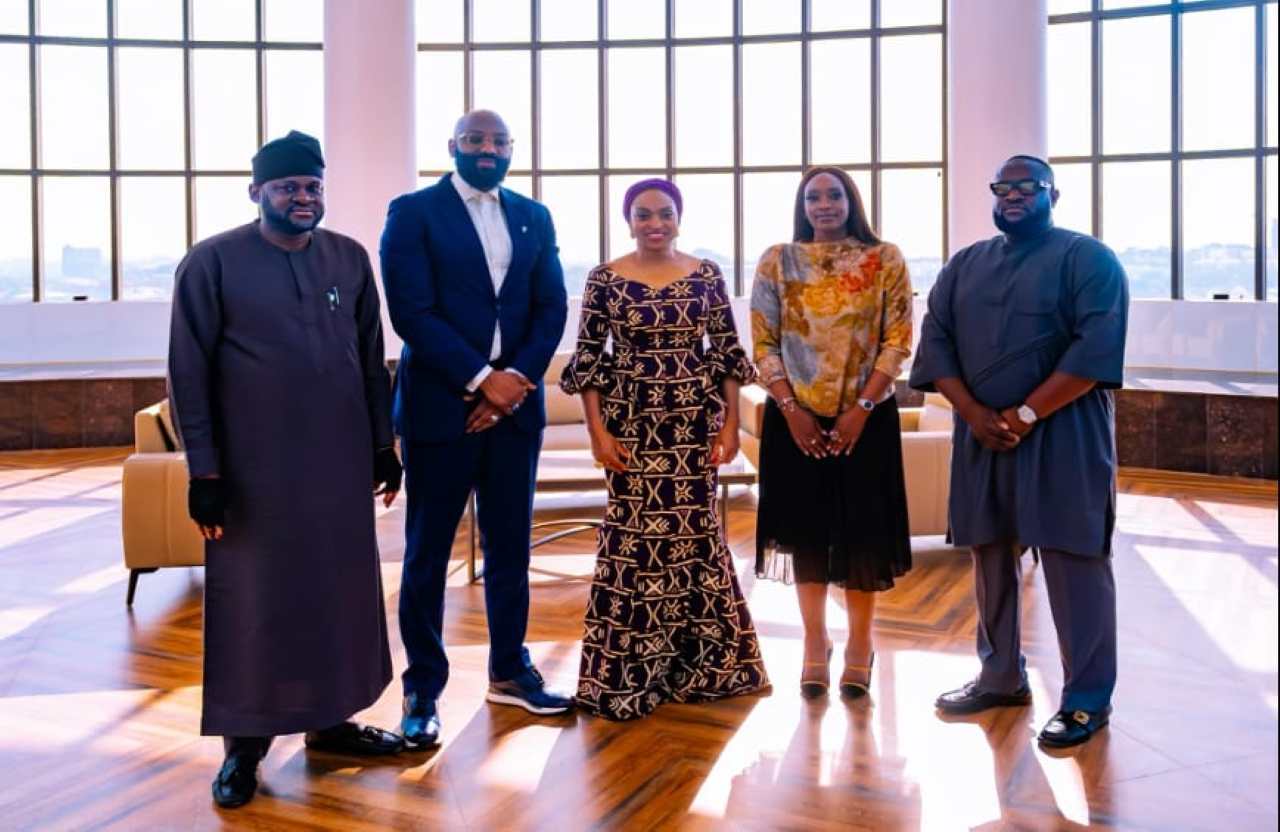The Administrator of the Presidential Amnesty Programme (PAP), Dr Dennis Otuaro, has applauded the late former President, Umaru Musa Yar’Adua, for proclaiming amnesty for former agitators of the Niger Delta and also establishing the programme.
He spoke at the Second President Umaru Musa Yar’Adua International Leadership Conference and Awards themed, “Electoral Management Institution: Midwife of True Democracy, Development, and Prosperity,” which was organised by the Global Initiative for Leadership Success in Abuja on Saturday.
Otuaro, who received a corporate service award in recognition of his efficient administration of the PAP at the event, noted that Yar’Adua also created the Ministry of Niger Delta Affairs before inaugurating the PAP, as part of his response to the civic demands of the region’s people.
Describing the late former President as ‘a selfless leader and a patriot,’ he said Yar’Adua, who governed the country from May 29, 2007, to May 5, 2010, was deeply concerned about the need for guaranteed sustainable peace, stability, and development in the region.
Represented by his Special Assistant on Data and Information and Communication Technology (ICT), Monabe Mitee, the PAP Administrator, extolled Yar’ Adua’s exemplary and exceptional leadership, as well as his high ethical and moral values in public service.
“President Yar’Adua was a listening leader, and this was evident in his response to the civic demands of the Niger Delta people.
“He not only proclaimed amnesty for the region’s freedom fighters at the time, but he also established the Presidential Amnesty Programme (PAP), which I am heading today by the benevolence of President Bola Tinubu, and as a precursor to the programme, he also created the Ministry of Niger Delta Affairs,” Otuaro said.
He further said that Yar’Adua operated an efficient administration in Katsina State as a governor and left indelible development footprints with profound impacts on education and infrastructure across the state.
He said Yar’Adua had a deep understanding of the burden of leadership and brought this to bear in the governance of the country when he was elected President in 2007, showing an unwavering commitment, zeal, and dedication to fix and transform Nigeria through his seven-point agenda.






